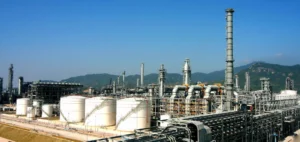The Red Sea, a nerve center for the transport of hydrocarbons, is currently the scene of growing tensions. These tensions, fuelled mainly by conflicts in the Middle East, have a direct impact on oil prices. Brent crude and WTI, two key market indicators, rose sharply. DNB Markets analysts point out that these increases are directly linked to the disruptions in the Red Sea and the escalating geopolitical risks in the region.
Economic and strategic consequences
The economic repercussions of these tensions are manifold. BP, the British oil giant, suspended its transits in the Red Sea, illustrating the seriousness of the situation. A detour of oil tankers, particularly via the Cape route, would lead to higher transport and insurance costs, affecting world oil prices. PVM Energy analyst Tamas Varga points to the possibility of higher costs, but downplays the risk of a shortage unless there is a major escalation involving Iran or Saudi Arabia.
International Responses and Future Perspectives
Faced with this situation, the international community reacted. The United States has announced the creation of a maritime protection force, a sign of awareness and a desire for appeasement. Markets are also awaiting EIA data on oil inventories, which could further influence prices. The API forecasts, though less reliable, are already showing interesting trends in crude and gasoline inventories.
Tensions in the Red Sea are a key factor in current oil market dynamics. While international players seek solutions to mitigate risks, the market remains attentive to the slightest developments.





















